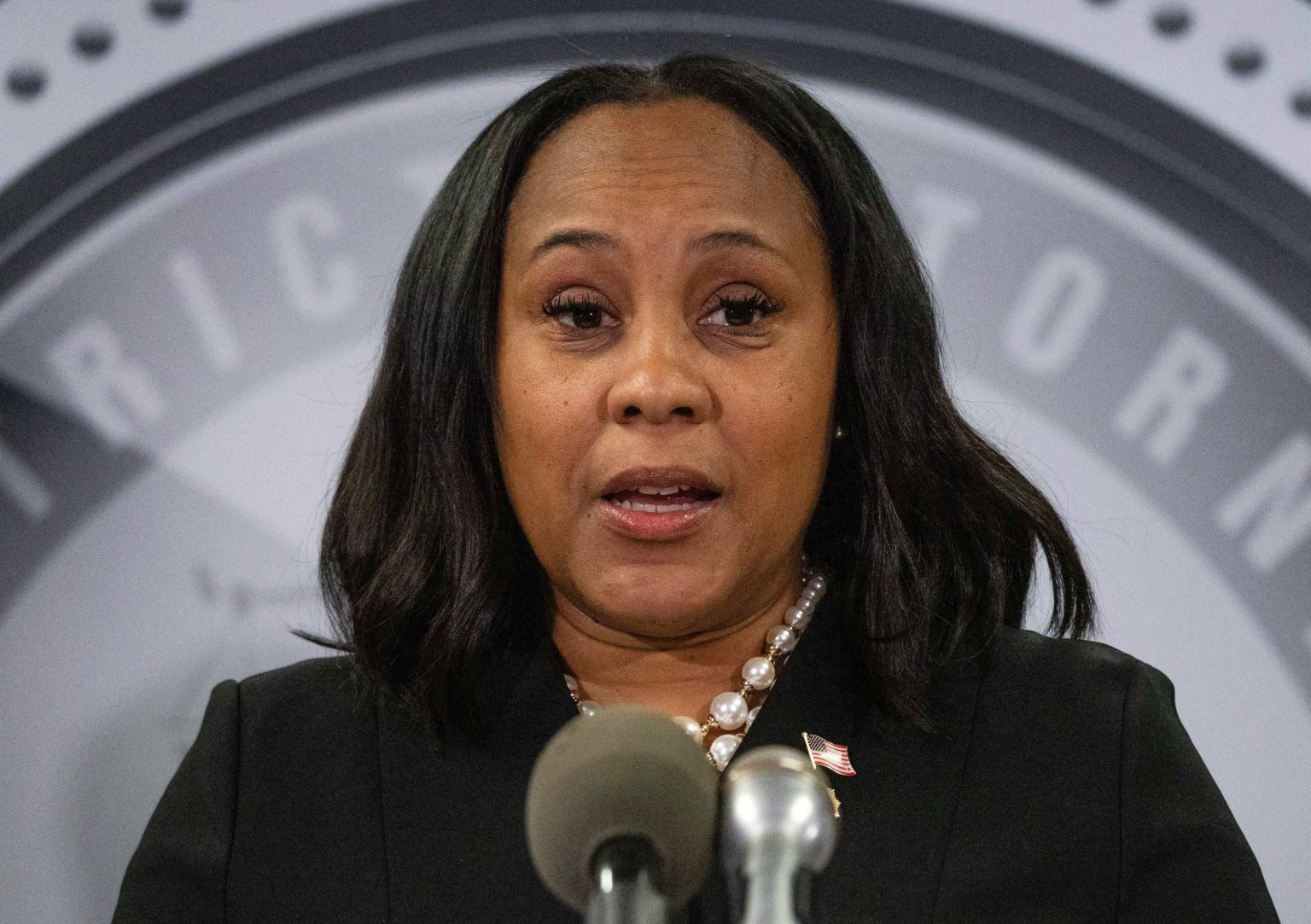Fulton County District Attorney Fani Willis is facing a legal battle with Republican state lawmakers in Georgia who are accusing her of misconduct while prosecuting former President Donald Trump. A judge recently rejected an emergency request from Willis to block a subpoena compelling her to testify before the Georgia state Senate’s Special Committee on Investigations. The committee is investigating allegations of misconduct by Willis, including potential conflicts of interest and misuse of public funds, in relation to her indictment of Trump and 18 co-defendants on felony charges of election subversion and racketeering. Willis had previously stated that she would not comply with the subpoena until its validity was determined by the court, and the judge’s decision did not rule on the validity of the subpoena itself.
The judge denied Willis’ emergency request on technical grounds, stating that the deadline set in the subpoena had passed and commenting that the committee had not taken action to enforce the subpoena. The judge indicated that a motion to quash the subpoena would have been the appropriate procedure for challenging it, and that she would have the power to block enforcement of the subpoena if it is sought to be enforced and Willis is able to demonstrate that doing so would be improper for any reason. Failure to comply with a subpoena can result in punishment for contempt of court, including fines, imprisonment, or both. Although the subpoena could potentially be enforced, legislative subpoenas of this nature are generally viewed as void due to separation of powers concerns.
Willis’ criminal case against Trump has been put on hold due in part to an appeal of a decision that allowed her to continue on the case despite allegations of misconduct surrounding her relationship with former lead prosecutor Nathan Wade. An appeal court is set to hear arguments in December, but the outcome of the case could be influenced by the results of the upcoming presidential election in November. Trump, who has been convicted of unrelated felony charges in New York, denies any wrongdoing and has characterized the legal actions against him as a “witch hunt” and “weaponization” of the justice system by his political opponents. He has also threatened to pursue long-term prison sentences for those he believes are responsible for President Joe Biden’s victory in the 2020 election.
In response to the judge’s rejection of her emergency request, Willis has not commented on the matter. She could potentially face fines or imprisonment if she continues to ignore the subpoena, although the validity of legislating subpoenas in this context is subject to legal debate. The investigation into Willis is ongoing, and the outcome of the case against Trump could be impacted by the upcoming presidential election. Willis and her legal team will likely continue to push back against the efforts of the Republican-controlled committee to compel her testimony, while the court system, legal experts, and political figures continue to monitor the situation closely. The legal battle between Willis, Trump, and state lawmakers in Georgia is likely to continue to attract national attention and generate debate over the separation of powers and the proper role of criminal investigations and prosecutions in the political sphere.


